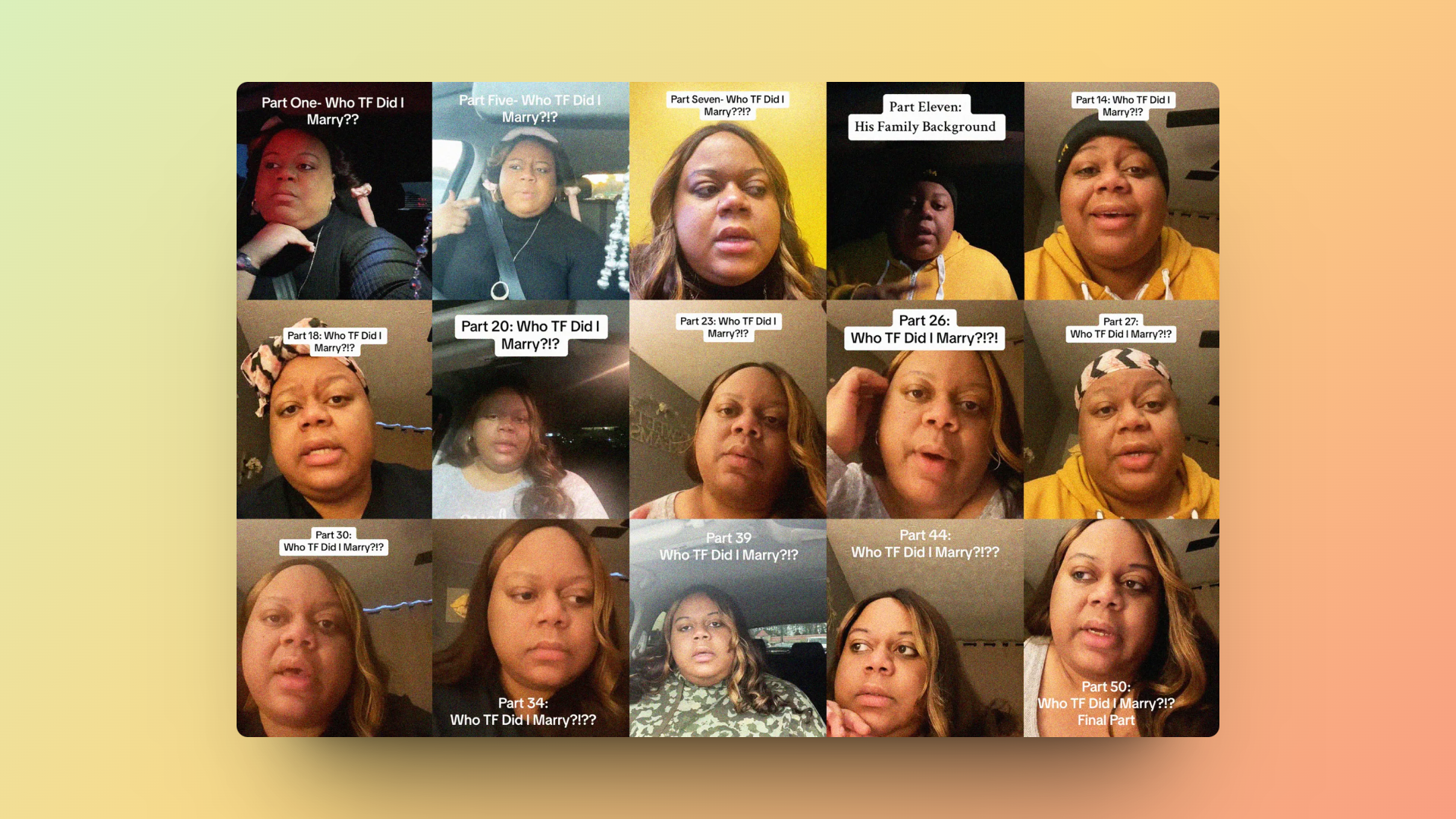Professional futurist Tracey Follows discusses how our personal freedoms and identity will be transformed over the coming decades
Tracey Follows is a professional futurist and CEO of Futuremade. Her clients have included Telefonica, Google, Sky, Farfetch, Conde Nast and Virgin. She spoke at UN HQ in New York, delivered her TedX at the UK Foreign & Commonwealth Office and closed at events such as Think With Google.
She has a column in Forbes and her opinions are regularly sought by national media. In fact, she is a member of the Association of Professional Futurists. As well as that, she is a member of World Futures Studies Federation and a Fellow of the RSA. In this chat, we discuss how to create your identity in the online world.
How the passion started
I’ve always been really interested in science fiction and read much of it as a child. Later on, when I went to University I chose to study Philosophy and my main interest area was the philosophy of science and even then we did a big project on SETI (the search for extraterrestrial intelligence)!
After graduating I went on to do a Masters in ‘Technical Change and Industrial Strategy’. It was about innovation and understanding advanced technology from a policy point of view. I’ve always been very interested in the intersection between technology and society. Of course, that is what I spend most of my time doing, as a futurist.
How did you become engrossed in the topic of our identities?
I had realised during the last decade that our identity was undergoing significant change. It was mainly thanks to digitisation. I already realised that our identity was becoming fragmented. In fact, it was distributed all over the web: an email address here, a credit card purchase there. And I began to wonder who was now in control of making and managing our identities. Was it still me, or was it the technology platforms that held each of these fragments of personal data?
About The Future of You
The Future of You explores the concept of identity and our identities, in the plural.. Take, for example, me scanning in my passport to verify my identity. Back in 2016, I did this on one of the technology platforms after it became clear that my log-in details had been compromised.
That platform rejected the match and told me that I wasn’t me. How would I ever prove that I was who I said I am in a fully digitised world? It is the stuff of sci-fi.
What became even clearer was that we now had an additional dimension to our identities, a technological dimension. In the past people had often debated whether identity resided in the mind, and therefore in our consciousness. Or, whether it existed in physical form. We are all familiar with the idea that if a person or object changes to such a degree we can say it ceases to be the same thing that it was.
Well, now the psychology of self, and the biology of self, has been joined by the technology of self – a dimension that is digital, implantable, ingestible, and above all invisible.
How does the role of emerging technologies impact the notion of identity?
Imagine you are no longer dependent on carrying a smartphone for your cognitive upgrades. Now you have an implanted chip that automatically updates your identity’s operating system, or your brain is running off the cloud and you are controlling machines with your thoughts.
These technologies affect who we think we are and blur the boundaries not only between man and machine, but between one man and the next.
Moreover, who is in control of the terms and conditions for using such technological extensions? Not me, or you. But a corporation. I don’t think people have quite understood this yet but the implications for personal identity and autonomy are huge.
How can we create our own identity in the online world or are our identities being created for us?
We are always creating and re-creating our identity. For example, create fake Instagram accounts (finstas and rinstas), only post the most vibrant or most flattering pictures of ourselves and our loved ones. Another example, we chat away with chatbots and other machines talking to them as if we have a personal connection.
We engage with computer-generated virtual influencers and even buy products they promote. All the time we are doing this, we are crafting our own identities online.
And sometimes they are different from the identities we inhabit in the physical world. The former is more fluid and flexible, the latter is made of skin and bone and has certain limits.
How is digital technology causing us to think differently about who we are and who we could become?
Mainly through avatars. We use them to discover alternative versions of ourselves in alternative worlds. The more people play in virtual games, and take on virtual characters, the more they can expect to do so again and again in different environments – until everyone has a plethora of personalities to manage.
It can be overwhelming. And it can be difficult to say what is real and what is unreal, what is authentic, and what is inauthentic – after all they are all ‘you’ to some extent.
Main takeaways from The Future of You
- We need to stop seeing identity as a transactional thing, something we need to prove or not prove via a piece of paperwork. It is now a digital footprint alongside a physical footprint that morphs over time and can even exist in many different places at once.
- Identity is complex and is no longer 100 percent in our control, if it ever was, of course. But we should always read terms and conditions and take more time to think about the longer term consequences of handing over or creating personal data for another entity to use.
- We need to start considering our digital afterlife, the preservation of our digital identity beyond the passing of our physical remains. Whether it be holographic or avatar or some other future guise, from now on, versions of ‘you’ will outlast your death. The question is who would you like to digitally curate ‘you’ after you are gone.
How can we capitalise on the life-changing technologies without becoming another piece of data?
Yes, we can investigate decentralised solutions that award more power to the user and try to prevent lots of data falling into the hands of those who would like to engineer a more centralised function.
For example, if we look at vaccine certificates, check out decentralised digital apps like Yoti or Evernym that allow the user to take control of what personal data is shared and who has access to it. But this is just the start.
What is next for you, Tracey Follows?
I will continue to investigate what I believe is a global roadmap to the establishment of a digital identity for every citizen in the world. There are pros and cons if we want to access digital services in the future but we need to counteract the growing authoritarianism that has been enabled through the pandemic and get back to the notion of autonomy and a sense of personal responsibility rather than relying on the state to dictate how every citizen alike should and should not behave. This is the battle of our times, the fight of the next decade. The quest to preserve the future of you.
The Future of You: Can Your Identity Survive 21st Century Technology? by Tracey Follows is published by Elliott & Thompson, £14.99 hardback and you can find your copy here.
You can also follow Tracey Follows on Twitter where she is @traceyfutures.
Ready to get started with positive impact marketing?
Set up power marketing systems build a marketing strategy that drives results, when you join our certification.
Develop an advanced set of marketing skills that drive more measurable results to any project and harness the power of psychology, purpose, storytelling, and impact to build trust in an increasingly skeptical world.
Take our certification, build your marketing plan and build your ultimate marketing toolkit.





